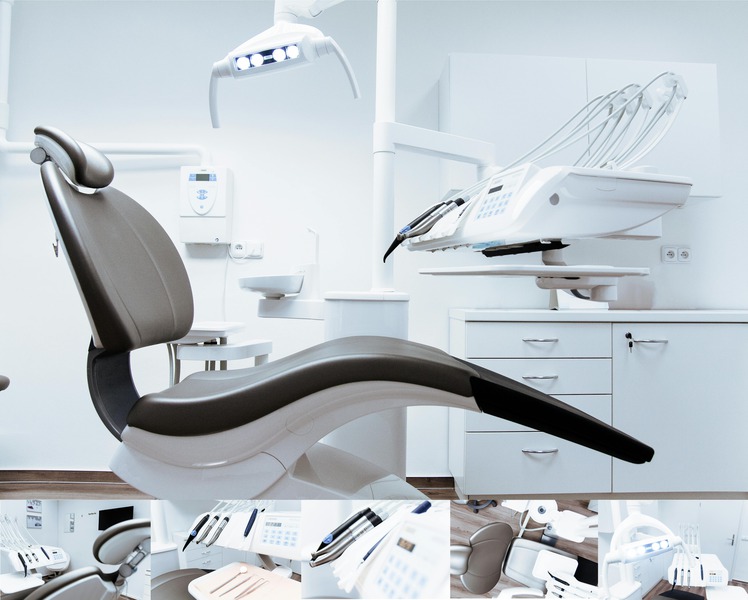Missing teeth can be a significant source of insecurity and functional discomfort. Fortunately, dental implants offer a durable and aesthetically pleasing solution to this problem. However, not everyone is an ideal candidate for this type of dental procedure. Understanding who is best suited for dental implants is essential for achieving the desired outcomes.
Having Healthy Gums and Adequate Bone Support
One of the primary requirements for dental implants is healthy gums. This is essential because the gums support and surround the implant, playing a crucial role in its stability. Additionally, sufficient bone density is necessary to anchor the implant securely. In cases where bone mass is lacking, procedures like bone grafting might be undertaken to enable an individual to become a suitable candidate. Prioritizing gum health and bone density is one’s first step toward dental implants.
Good Oral and Overall Health
The condition of one’s overall health can significantly impact the success of dental implants. Individuals with chronic disorders, such as diabetes or heart disease, or who use tobacco may face increased risks during the implant procedure and recovery. Good oral hygiene is also crucial, as meticulous care is needed to ensure the longevity of dental implants. It’s essential to discuss one’s health history with a dental professional to ascertain suitability.
Non-Smokers or Those Willing to Quit
Tobacco use can impede healing and increase the risk of implant failure, making non-smokers more suitable candidates. Quitting smoking ahead of the implant procedure is highly recommended to improve the chances of success and maintain the integrity of the implant and surrounding tissues.
Individuals of a Certain Age
-
Children and adolescents may not be ideal candidates as their jawbones are still developing.
-
Adults with fully developed jawbones are generally considered suitable candidates, provided other health conditions are favorable.
Patients Committing to Oral Hygiene and Regular Dental Visits
Maintaining oral hygiene is vital for the success of dental implants. Candidates must commit to brushing, flossing, and using mouthwash regularly, along with attending scheduled dental visits for check-ups and cleanings. Neglecting these practices can lead to complications, including implant failure or peri-implantitis, a destructive inflammatory process affecting the soft and hard tissues surrounding implants.
Who May Not Be Suitable for Dental Implants?
While dental implants are a remarkable solution for many people suffering from tooth loss, they are not a viable option for everyone. There are particular situations and health conditions that might make dental implants less suitable or even contraindicated. Recognizing these circumstances is crucial for patient safety and the success of dental implantation.
Conditions That Can Affect Dental Implant Candidacy
-
Inadequate Bone Support: Dental implants require a certain amount of bone to secure them. If bone loss is too significant and bone grafting isn’t a feasible option, implants may not be recommended.
-
Uncontrolled Chronic Diseases: Conditions like diabetes or heart disease need to be managed before undertaking implant surgery, as they can affect healing and the risk of infection.
-
Medication Interference: Drugs such as bisphosphonates, used for treating osteoporosis, could negatively impact bone healing, making the dental implant process more complex or inadvisable.
Evaluating Your Candidacy
To determine if you’re a candidate for dental implants, a thorough dental exam, including X-rays and possibly a CT scan, is necessary. This evaluation will help assess bone density, gum health, and the overall structure of the mouth. If an individual has recently undergone tooth extraction procedures, the dentist may advise waiting a specific period before considering implants to allow for healing and bone growth.
Importance of a Skilled Dental Professional
Choosing a skilled dental professional is of the utmost importance. The success of dental implants heavily relies on the expertise of the person performing the procedure and creating the implant plan. Clinics like Willow Green Dental offer the expertise required for such intricate dental work, ensuring that patients receive the best possible care for their individual needs.
Essential Characteristics of the Dental Professional
-
Extensive experience and training in implant dentistry.
-
A track record of successful implant procedures.
-
The ability to design personalized treatment plans.
Questions to Ask Your Dentist
-
What type of implants do you use, and why?
-
What is your success rate with dental implants?
-
Can I see before-and-after photos of your previous implant cases?
Aftercare and Lifestyle Considerations
Post-implant care is paramount for the longevity of dental implants. Failure to adhere to the dentist’s aftercare instructions can result in implant failure or infections. For wisdom tooth removal, which may precede implant surgery, individuals must follow aftercare guidelines meticulously to ensure proper healing and prepare for a future implant. For guidance on aftercare following tooth extractions, check here.
Wrapping Up
Assessing suitability for dental implants involves a comprehensive review of one’s oral and overall health, commitment to oral hygiene, and lifestyle habits, among other factors. Consulting with a dental professional is crucial to determine if implants are right for you, and once deemed suitable, follow thorough post-procedure care to ensure a successful outcome. Dental implants can significantly enhance one’s quality of life, making the evaluation process well worth the effort.



